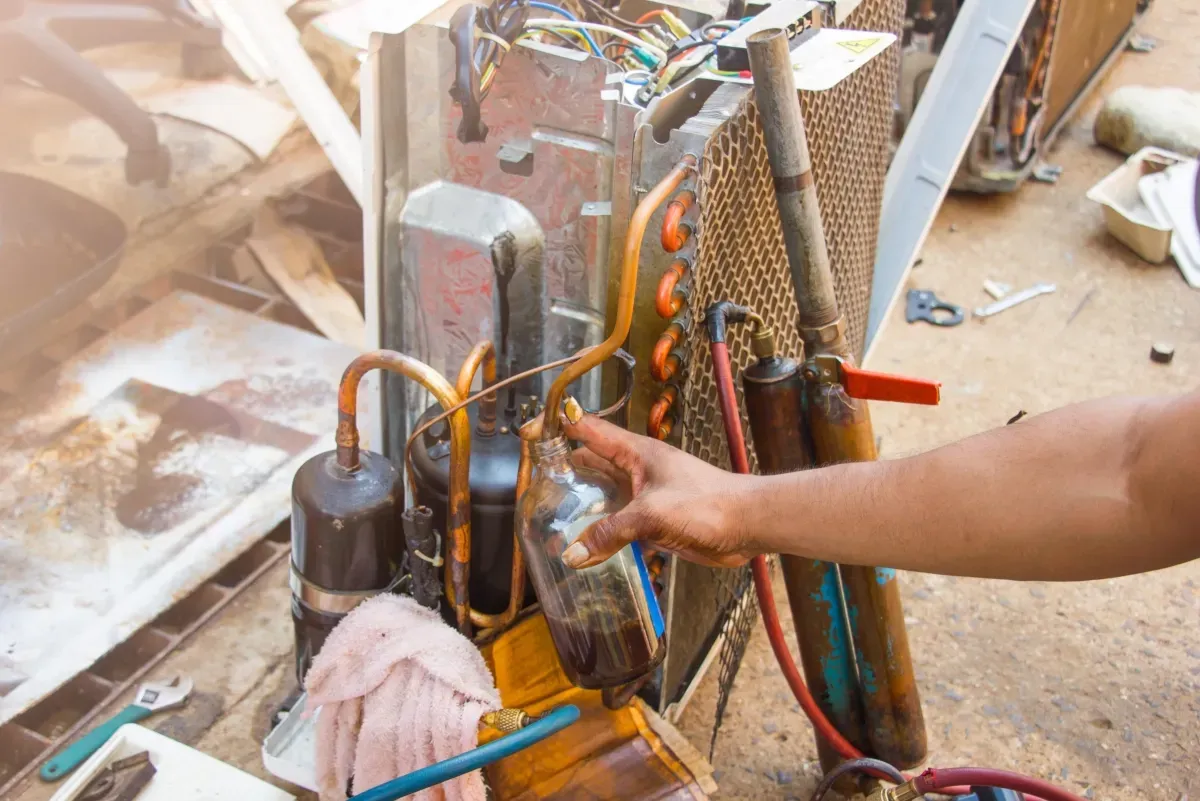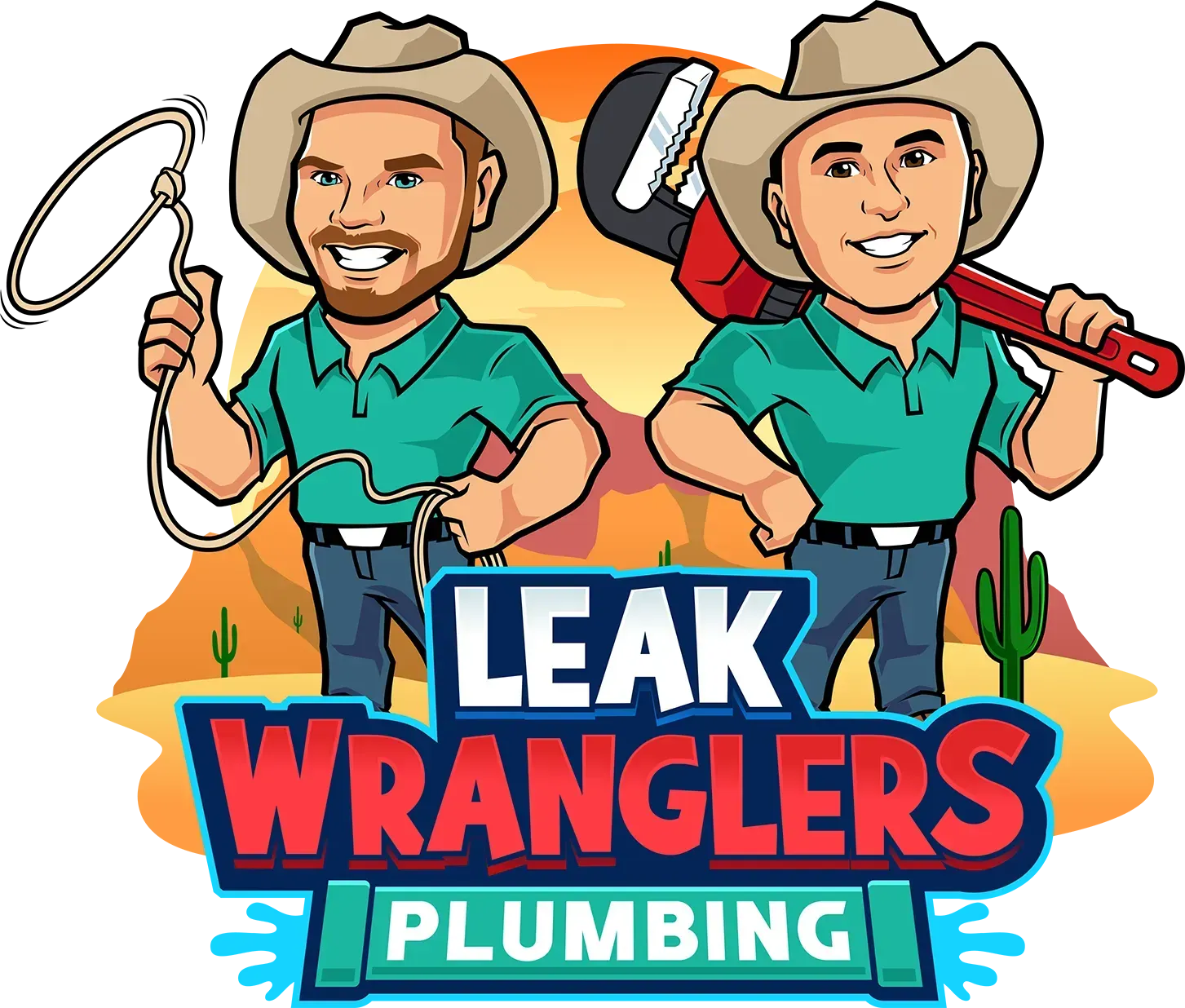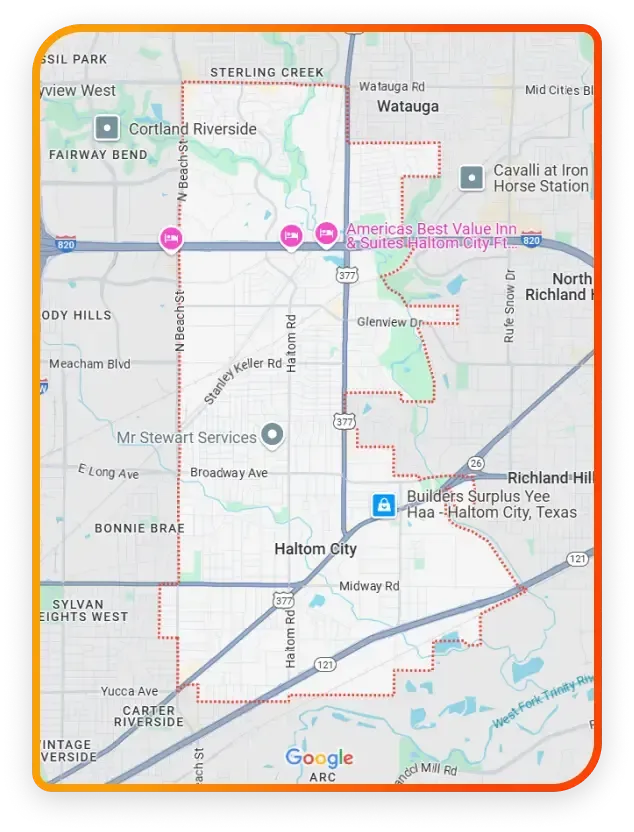
Allen Forman • May 23, 2025
Is your AC not cooling like it used to? Your air conditioner's compressor is the heart of your cooling system. When it starts to fail, you'll notice the difference. Knowing the early warning signs of AC compressor going bad can save you from complete system failure and costly emergency repairs.
At Leak Wranglers Plumbing LLC, we've seen many homeowners caught off guard when their compressors fail during hot summer days. We created this guide to help you spot problems before they become major headaches.
Let's look at the signs your AC compressor might be in trouble and how you can prevent a breakdown.
What Is an AC Compressor and Why Is It Important?
Your AC compressor is like the heart of your cooling system. It pushes refrigerant through the system under pressure. This allows the heat exchange process that keeps your home cool. Without a working compressor, your AC simply can't do its job.
The compressor is also one of the most expensive parts to replace. When a compressor fails completely, you might have to decide between replacing just the compressor or buying a whole new system.
Catching compressor problems early can extend your AC's life and save you thousands of dollars.
7 Early Warning Signs of AC Compressor Going Bad
Knowing the early warning signs of AC compressor going bad is important for every homeowner. Here are the top signs that your compressor might be struggling:
1. Unusual Noises Coming From Your AC Unit
One of the clearest early warning signs of AC compressor going bad is strange noises from your outdoor unit. A healthy compressor makes a steady humming sound. Watch out for these worrying noises:
- Clicking or chattering: Often means electrical problems in the compressor.
- Rattling or vibrating: May mean loose parts or mounting hardware.
- Screeching or squealing: Could mean bearing issues or too much pressure.
- Rumbling or growling: Usually points to serious mechanical problems inside the compressor.
These sounds rarely go away on their own and usually get worse. Don't ignore these warning sounds!
2. Reduced Cooling Performance
Is your AC running but not cooling well? This is among the most common early warning signs of AC compressor going bad. You might notice:
- Warm air coming from vents when the AC is set to cool.
- Some rooms not cooling properly even when the AC runs for a long time.
- The system running non-stop without reaching the set temperature.
Reduced cooling often happens slowly, making it easy to miss. Look at your energy bills from past summers. A big increase might mean your compressor is working harder but cooling less.
3. Hard Starts or Failure to Start
Does your air conditioner struggle to turn on? Compressor hard starts are definite early warning signs of AC compressor going bad. The unit might:
- Make a buzzing sound but fail to start properly
- Start and stop quickly in short cycles
- Need multiple tries before fully turning on
- Trip your circuit breaker when trying to start
These issues usually come from electrical problems in the compressor or its capacitor. The strain from hard starts damages the compressor more over time, creating a harmful cycle.
4. Higher Than Normal Electricity Bills
A sudden jump in your energy bills without using more power is concerning. When a compressor starts failing, it becomes less efficient. It needs more power to produce the same cooling.
Energy Star says a properly working AC unit should use about the same amount of energy year to year (considering weather changes). A 10-15% increase in summer energy costs without matching weather changes could mean compressor problems.
This inefficiency is more than just an early warning sign of AC compressor going bad – it's costing you money every day.
5. Reduced Airflow From Vents
Poor airflow in your home can point to compressor issues. When the compressor struggles to move refrigerant, the whole system works less well. You might notice:
- Weak air coming from vents
- Some vents producing less air than others
- Needing to set your thermostat lower than usual to feel comfortable
While dirty filters or duct problems can also cause airflow issues, when combined with other signs on this list, reduced airflow strongly suggests compressor problems.
6. Warm Air From Vents
Your AC system should always deliver cool air. If you're getting warm or room-temperature air from your vents while the system runs, your compressor might be failing to properly compress the refrigerant.
This is one of the most obvious early warning signs of AC compressor going bad. Put a thermometer near a vent. Properly working AC systems typically produce air that's 15-20 degrees cooler than the room temperature.
7. Fluid Leaks Around the Outdoor Unit
Refrigerant is vital for your AC's cooling process. Leaking refrigerant around your outdoor unit often means a serious compressor issue. Look for:
- Oily residue around the compressor
- Hissing sounds (suggesting refrigerant escape)
- Ice forming on copper lines or the compressor itself
Refrigerant leaks not only signal compressor problems but can also damage other parts of your system. Also, low refrigerant levels force the compressor to work harder, speeding up its breakdown.
Common Causes of AC Compressor Failure
Understanding what causes compressor failure can help you prevent it. The early warning signs of AC compressor going bad often come from these underlying issues:
Electrical Problems
Compressors can fail due to electrical problems like:
- Power surges during storms
- Wiring issues that cause overheating
- Failed run capacitors that help the compressor start
- Contactor problems that prevent proper electrical flow
A whole-home surge protector can help protect your AC system from electrical damage. Regular checks of electrical parts are also important preventative measures.
Refrigerant Issues
Proper refrigerant levels are critical for compressor health:
- Too little refrigerant causes overheating and strain
- Dirty refrigerant can damage internal parts
- Improper charging during previous service can create pressure problems
Only certified technicians should handle refrigerant issues. DIY attempts can make problems worse and might break environmental rules.
Lack of Maintenance
Perhaps the most preventable cause of compressor failure is neglected maintenance. Regular professional tune-ups can identify and fix many early warning signs of AC compressor going bad before they cause permanent damage.
The Department of Energy says proper maintenance can reduce energy use by up to 15% while making equipment last longer. That's a good return on your maintenance investment.
How to Prevent AC Compressor Failure
Now that you know the early warning signs of AC compressor going bad, let's talk about prevention strategies:
1. Schedule Regular Professional Maintenance
Annual professional maintenance is your best defense against compressor failure. During these visits, a qualified technician will:
- Check refrigerant levels and pressure
- Inspect electrical parts and connections
- Clean coils and ensure proper airflow
- Find potential issues before they cause damage
Most HVAC professionals recommend scheduling maintenance in spring before the hot season begins. This timing allows any needed repairs to be completed before you need your AC most.
2. Keep the Outdoor Unit Clean and Clear
Your compressor needs proper airflow to function well:
- Clear plants and debris from at least 2 feet around the unit
- Gently clean the exterior fins with a soft brush or vacuum
- Make sure the unit stays level on its pad
- Remove any objects that might block airflow
These simple steps improve efficiency and reduce strain on your compressor. They address potential early warning signs of AC compressor going bad before they develop.
3. Change Air Filters Regularly
Clogged air filters restrict airflow, forcing your entire system—including the compressor—to work harder. Most homes benefit from filter changes every 1-3 months, depending on:
- Filter type and quality
- Household size and activities
- Presence of pets
- Allergies or breathing concerns
This simple maintenance task costs just a few dollars but can prevent thousands in repair costs.
4. Install a Hard Start Kit
If your compressor shows early warning signs of AC compressor going bad like hard starts, a hard start kit might help:
- Provides extra power during startup
- Reduces electrical strain on aging compressors
- Can extend compressor life in some cases
While not a permanent fix for serious problems, a hard start kit is a relatively cheap option that might buy time for units showing initial signs of struggle.
5. Consider a Voltage Monitor
Power fluctuations can damage your compressor. A voltage monitor:
- Protects against harmful power surges
- Prevents the system from operating during dangerous voltage conditions
- Provides an extra layer of protection for your investment
These devices are particularly valuable in areas with unreliable power or frequent storms.
When to Call a Professional
While prevention is best, sometimes you'll need professional help. Contact Leak Wranglers Plumbing LLC right away if you notice:
- Any persistent early warning signs of AC compressor going bad
- Burning smells from your AC unit
- Circuit breakers that trip repeatedly when the AC runs
- Complete system failure or refrigerant leaks
Trying DIY repairs on compressor issues can void warranties and potentially cause more damage. Professional technicians have the tools and training to diagnose and fix complex compressor problems safely.
Remember that earlier help typically means less expensive repairs. Don't wait until small problems become major failures!
AC Compressor Replacement: What to Consider
If you've ignored the early warning signs of AC compressor going bad for too long, replacement might be your only option. Consider these factors when making your decision:
Age of Your System
Most AC systems last 10-15 years. If your system is nearing this age range, replacing the entire unit often makes more financial sense than just the compressor. New systems offer:
- Better energy efficiency
- Updated technology
- New warranty coverage
- Reliable performance
Cost Comparison
Compare the cost of compressor replacement against a new system. When a compressor fails, it often makes up 30-40% of the cost of a new unit. Think about the age and condition of other parts when making your decision.
Energy Efficiency
Newer systems can greatly reduce your energy costs. The SEER (Seasonal Energy Efficiency Ratio) rating shows efficiency – higher numbers mean greater efficiency. Modern systems are often twice as efficient as older units, potentially saving thousands in energy costs over their lifespan.
FAQ About AC Compressor Issues
How long do AC compressors typically last?
With proper maintenance, an AC compressor typically lasts 10-15 years. However, factors like usage patterns, climate, and maintenance frequency can greatly impact lifespan. Regular professional maintenance can help maximize your compressor's operational life.
Can I replace just the compressor or do I need a whole new AC?
This depends on several factors. If your system is less than 7 years old and otherwise in good condition, replacing just the compressor might make sense. For older systems, complete replacement often provides better long-term value considering efficiency improvements and the likelihood of other parts failing soon.
What's the average cost to replace an AC compressor?
Compressor replacement typically costs between $1,200 and $2,800, depending on your system size and type. Labor usually accounts for about half of this cost. When considering replacement, get multiple quotes from reputable companies like Leak Wranglers Plumbing LLC.
Will my warranty cover compressor failure?
Many manufacturers offer 5-10 year warranties on compressors. However, warranty coverage often requires proof of annual maintenance and professional installation. Check your warranty documentation and contact your manufacturer for specific details about your coverage.
Can I prevent compressor failure completely?
While no prevention method is 100% effective, recognizing the early warning signs of AC compressor going bad and performing regular maintenance dramatically reduces failure risk. Professional maintenance typically catches developing issues before they cause complete failure.
Conclusion: Don't Ignore Early Warning Signs of AC Compressor Going Bad
Your AC compressor is too important and expensive to neglect. By knowing the early warning signs of AC compressor going bad and taking preventative measures, you can extend your system's life and avoid unexpected breakdowns during hot weather.
Remember that strange noises, reduced cooling, and higher energy bills are your system's way of telling you something is wrong. Don't ignore these signals!
At Leak Wranglers Plumbing LLC, we're committed to helping homeowners maintain comfortable, efficient homes. Our expert technicians can find potential compressor issues before they become expensive emergencies. Contact us today to schedule your professional AC inspection and ensure your system keeps you cool when you need it most.



